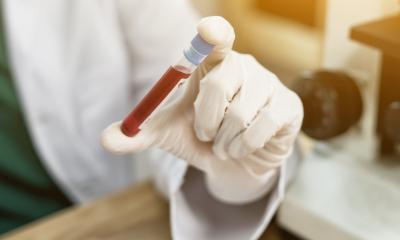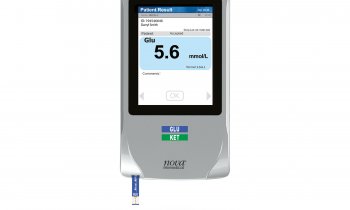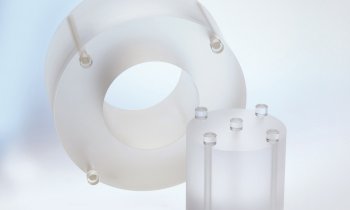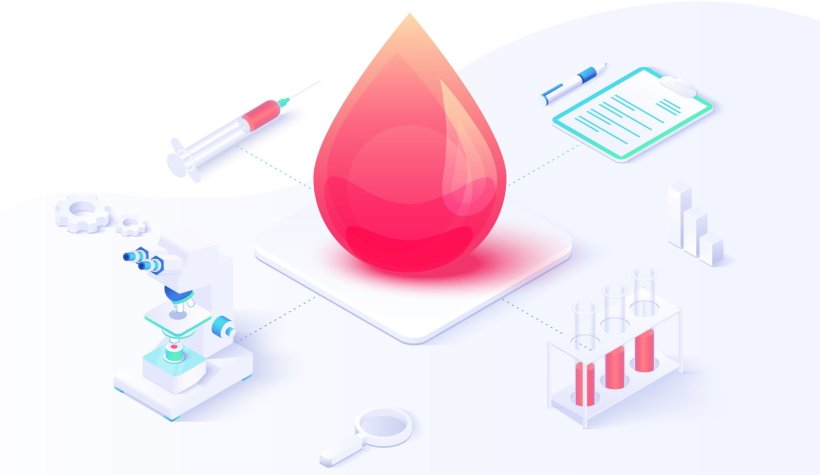
© Graf Vishenka – stock.adobe.com
News • Quicker, cheaper and less painful test
Blood crystals to reveal early signs of prostate cancer
An Aston University researcher has used light to develop the first step towards a quicker, cheaper and less painful technique to detect cancer.
Professor Igor Meglinski from the University’s Aston Institute of Photonic Technologies led the team that has developed a new method of analysing the crystals in dehydrated blood. Their paper has been published in the Nature journal Scientific Reports.
Professor Meglinski used a new polarisation-based image reconstruction technique to analyse polycrystalline structures in dried blood samples. The proteins in blood change their shape and how they fit together during the early stages of diseases like cancer. Professor Meglinski and his team used changes in the proteins' tertiary structure or unique 3D shape together with its quaternary structure - which is how multiple proteins join together - to detect and classify cells. This technique enabled the researchers to conduct a detailed layer-by-layer analysis of dry blood smears, which is crucial for identifying significant differences between healthy and cancerous samples.
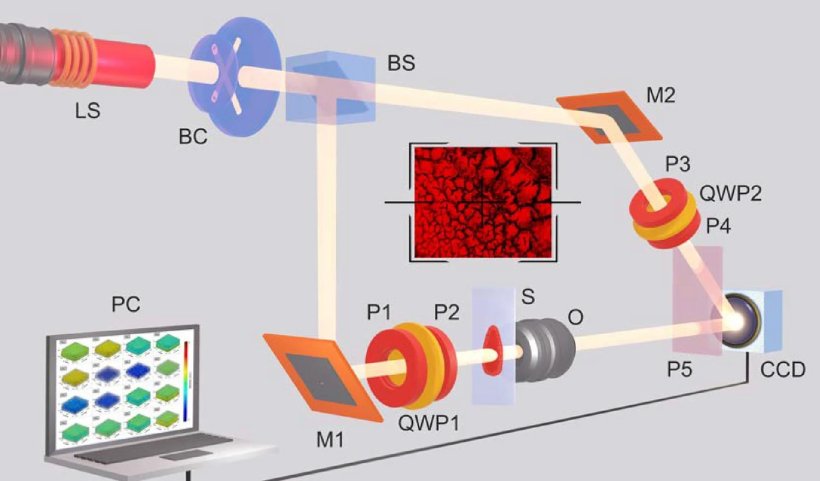
Image source: Ushenko AG et al., Scientific Reports 2024 (CC BY 4.0)
The researchers analysed 108 blood film samples from three equal size groups: healthy volunteers, those who had prostate cancer and a third group who had the illness and had cells that were more likely to aggressively spread. Professor Meglinski said: "Our study introduces a pioneering technique to the liquid biopsy domain, aligning with the ongoing quest for non-invasive, reliable and efficient diagnostic methods. A key advancement in our study is the characterisation of the mean, variance, skewness, and kurtosis of distributions with the cells which is crucial for identifying significant differences between healthy and cancerous samples. This breakthrough opens new avenues for cancer diagnosis and monitoring, representing a substantial leap forward in personalised medicine and oncology."
This high level of precision, combined with the non-invasive nature of the technique, marks a significant advancement in liquid biopsy technology
Igor Meglinski
The study's findings had a 90% accuracy rate of both early diagnosis and classification of cancer which is much higher than existing screening methods. Also, as the technique relies on blood samples instead of tissue biopsies, it is less traumatic and risky for patients. Professor Meglinski added: “This high level of precision, combined with the non-invasive nature of the technique, marks a significant advancement in liquid biopsy technology. It holds immense potential for revolutionising cancer diagnosis, early detection, patient stratification and monitoring, thereby greatly enhancing patient care and treatment outcomes. This study also presents a testament to the resilience and support of our Ukrainian colleagues involved in the research, especially in light of the ongoing conflict in Ukraine.”
Source: Aston University
03.09.2024



